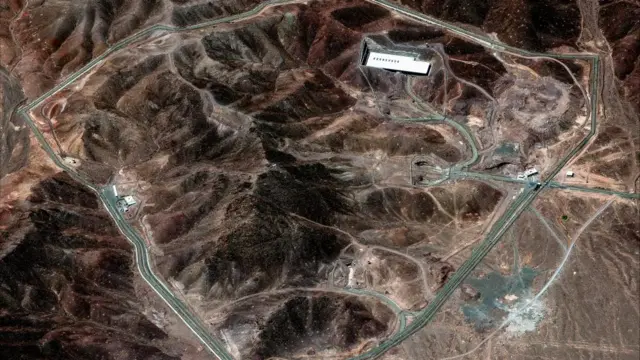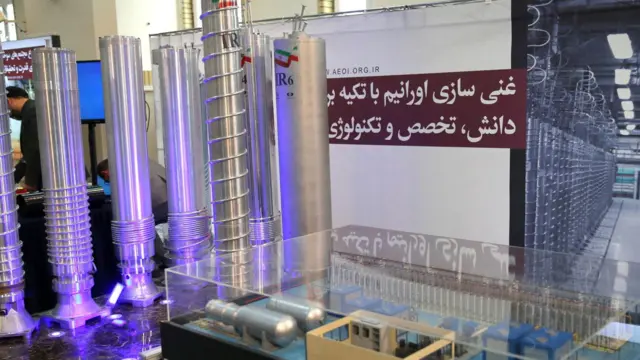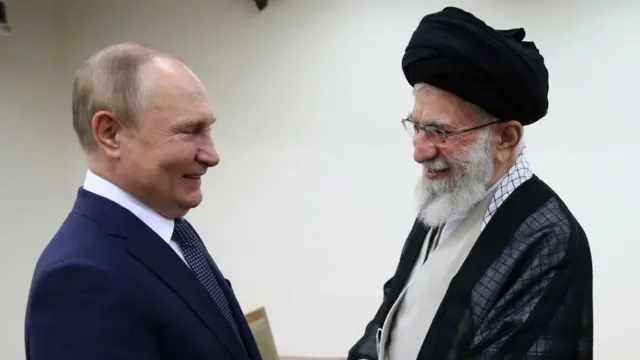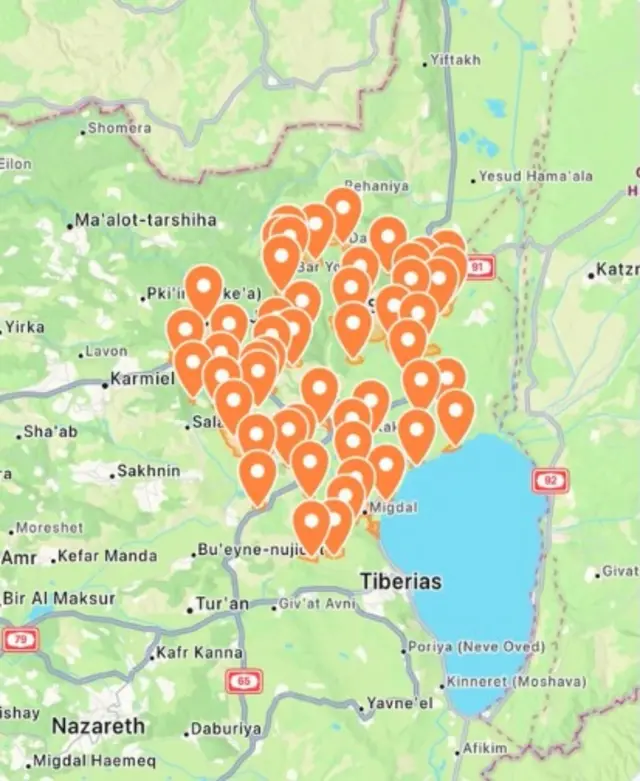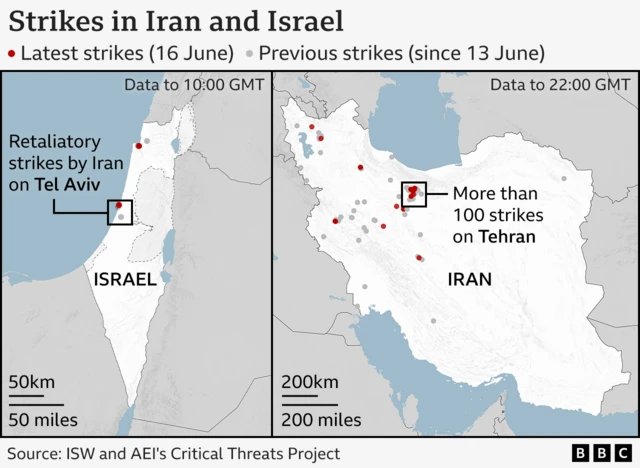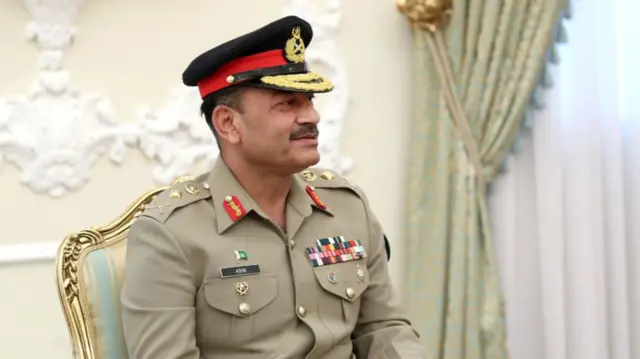How Gazans are reacting to escalating tensions between Iran and Israelpublished at 08:02 BST 18 June
 Rushdi Abualouf
Rushdi Abualouf
Gaza correspondent, reporting from Cairo
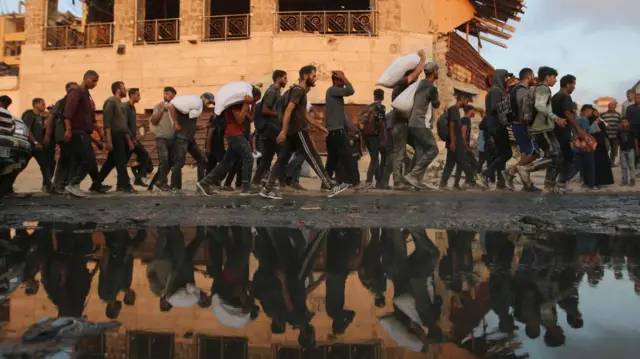 Image source, Reuters
Image source, ReutersGazans have needed to make long journeys to aid distribution points
In Gaza, reactions to the recent escalation between Iran and Israel are a complex mix of emotions ranging from a sense of vindication at the sight of destruction inside Israel, to deep concern that the crisis could further overshadow their own prolonged suffering.
Some Palestinians admit to feeling a grim satisfaction watching Israeli buildings collapse and civilians trapped under rubble following Iranian missile strikes.
Yet, that sentiment is tempered by fear that the world’s attention is drifting even further from Gaza, where nearly 20 months of war, blockade, and humanitarian catastrophe continue unabated.
Hassan Omar Talba, who lost his brother, wife, and three children in Israeli airstrikes, has expressed frustration at what he sees as Iran’s symbolic support for Gaza.
“Iran has never built a school, a hospital, or even sent a single truck of aid to Gaza,” he says. “They’ve never treated a wounded person. All they did was send rockets and back Hamas, which led us to the edge of the abyss.”
Still, he adds, “I support anyone who targets Israel. Let Israeli civilians experience just for one night what we in Gaza have endured for 20 months straight.”
Alaa Saleh, a father of five, voices similar frustration.
“The war here hasn’t stopped. Death, hunger, and displacement are part of our daily life, but now the world is distracted by what’s happening in Iran. Even the media has stopped covering the war in Gaza.”
He adds: “We know the true cost of war we’ve lived through endless ones for decades. My feelings are conflicted. Iran gave weapons to Hamas, which worsened our tragedy. But I distinguish between the Iranian regime and the oppressed Iranian people, who are victims of their rulers just like we are.”



